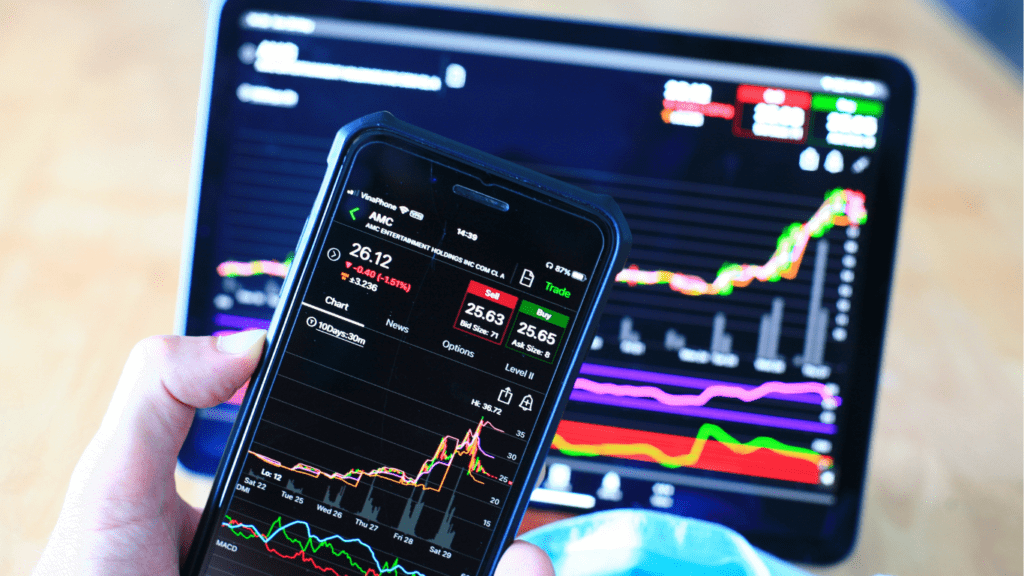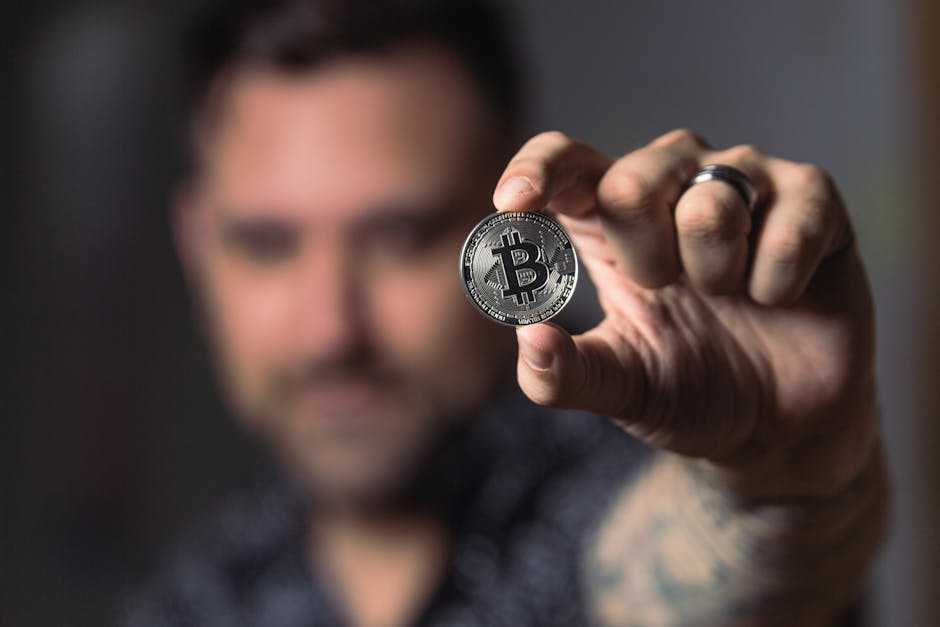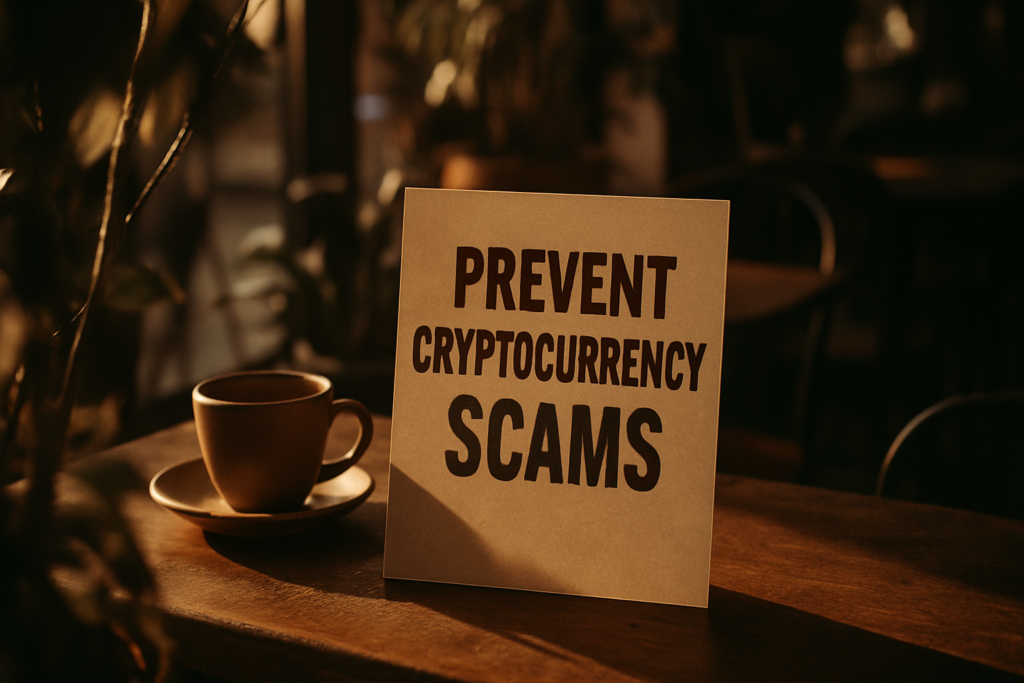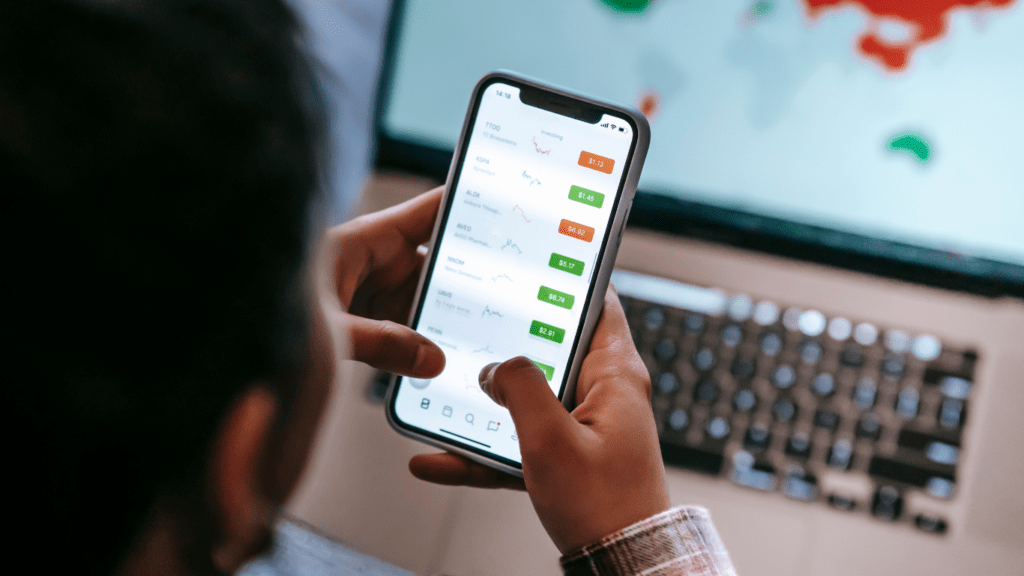Understanding NFT Marketplaces
NFT marketplaces serve as platforms where users can buy, sell, and trade unique digital assets. Their fast growth has necessitated a thorough understanding of their workings to avoid scams and ensure secure transactions.
What Is an NFT?
An NFT (Non-Fungible Token) represents ownership of a unique digital item. Unlike cryptocurrencies such as Bitcoin and Ethereum, which are fungible, NFTs cannot be exchanged one-to-one.
Each token possesses distinct properties, usually stored on a blockchain like Ethereum. Examples include digital art, music, and virtual real estate.
How Do NFT Marketplaces Work?
- NFT marketplaces connect buyers and sellers of NFTs. Users first create an account, then connect a digital wallet to the platform.
- Listed NFTs come with details such as creator information, ownership history, and price.
- To purchase an NFT, buyers must place a bid or buy it outright if there’s a set price.
- After a transaction, the NFT’s ownership transfers to the buyer’s digital wallet, verified by blockchain technology to ensure authenticity.
- Popular marketplaces include OpenSea, Rarible, and Foundation.
Signs of a Fake NFT Marketplace
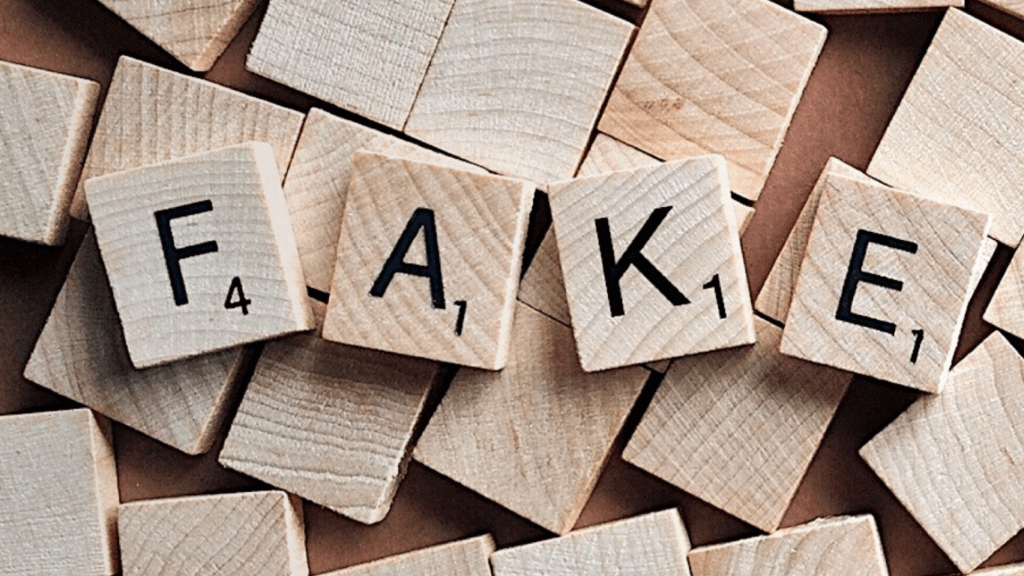
Identifying fake NFT marketplaces is crucial to protect your investment. Here are key signs to watch for:
Unusual Transaction Requests
Fake NFT marketplaces often request unusual transaction types. These may include demanding direct payments to an external wallet address or asking for unusually high service fees.
Legitimate platforms typically process transactions through secure channels and provide upfront details about fees. Always verify the transaction methods and fee structures before proceeding.
Lack of Verifiable Information
A lack of verifiable information often indicates a fake NFT marketplace. Check for missing or inadequate details about the platform’s founders, team members, and contact information.
Reputable marketplaces usually offer transparent information, including social media profiles and professional backgrounds of team members. Additionally, look for user reviews and feedback from the broader NFT community to confirm the platform’s legitimacy.
Steps to Verify an NFT Marketplace
When evaluating an NFT marketplace, several steps ensure its legitimacy and safety.
Research the Platform’s History
I dive into the platform’s history by examining its launch date, key milestones, and any notable incidents. Established platforms often have verifiable data spanning several years.
I check the marketplace’s blog, press releases, and reputable news sources. For example, OpenSea, launched in 2017, has detailed historical data and numerous industry mentions. Identifying any security breaches or negative events helps assess the platform’s reliability.
Check for Community and Industry Endorsements
I look for community and industry endorsements to gauge the platform’s reputation. Trusted platforms often receive positive feedback from both NFT creators and buyers.
I explore forums like Reddit and specialized NFT communities like CryptoArtPulse. Endorsements from influential figures or publications in the blockchain space also add credibility.
Recognized marketplaces like Rarible have strong community support and endorsements from industry leaders, making them trustworthy options.
Safe Practices for Buying NFTs
Following safe practices ensures your NFT transactions are secure and trustworthy.
Using Secure Payment Methods
Using secure payment methods is essential. Always rely on platforms that support well-known payment options like:
- credit cards
- PayPal
- cryptocurrency wallets
Verify transaction security by checking for HTTPS in the web address and ensuring a secure connection. Avoid using unfamiliar or unverified payment gateways which may compromise financial data.
Established marketplaces such as OpenSea and Rarible employ secure payment systems to protect users.
Ensuring Proper Digital Wallet Security
Ensuring proper digital wallet security protects your assets. Use reputable wallets like MetaMask, Coinbase Wallet, or Trust Wallet. Enable two-factor authentication (2FA) to add an extra layer of security.
Regularly update wallet software to protect against vulnerabilities. Store backup recovery phrases offline and never share them. Keep antivirus software updated, and avoid accessing wallets on public or shared networks.

